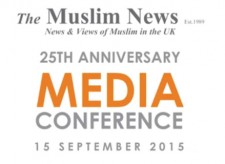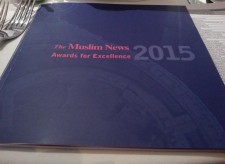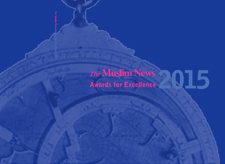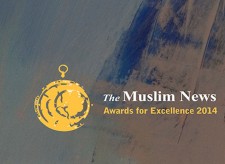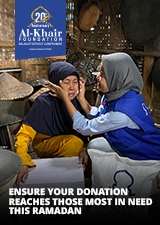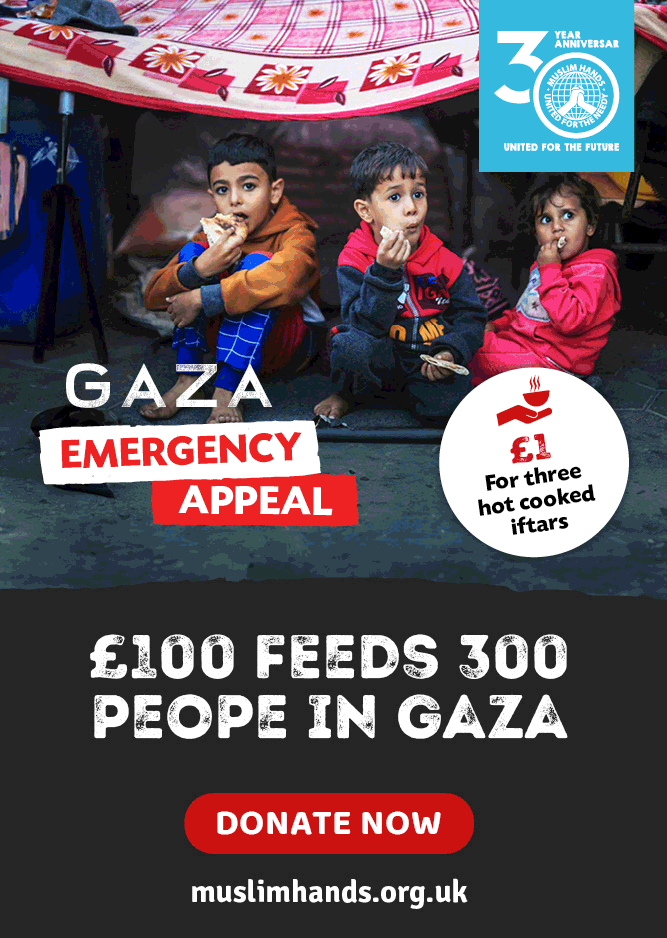Despite the visit of Pope Francis to Central Mosque under siege from armed Christian militias in Bangui, Central African Republic, on November 30, 2015, to bring Christians and Muslims together for peace, attacks on mosques have continued (Photo: Herve Serefio/ AA)
Ahmed Rajab
Humanitarian agencies and security analysts fear that the dire security situation in the Central African Republic (CAR) may worsen as sectarian killings continue to plague the country. So far neither the Government of President Faustin-Archange Touadéra, who was elected in March 2016 nor the 12,000-strong UN contingent of military and police officers, has the capacity to disarm the ragtag militias which are perpetrating the killings.
On October 18, UN Secretary-General, Antonio Guterres, who is due in CAR this week, has indicated that he would request an additional 9,000 troops to augment peace-keeping operations in the country, principally to protect civilians. The request comes at a time when the US is pushing to cut the share of its UN peace-keeping costs from 28.5 percent to 25 percent.
The latest episode in the CAR’s religious violence was an attack on a mosque in Kembe town, in the country’s south-centre, during dawn prayers on October 11. The attack left at least 25 worshippers dead, including the mosque’s imam and his assistant.
Eyewitnesses and human rights organisations say the attack was carried out by the mostly Christian Anti-Balaka rebels who surrounded and attacked the mosque in the early hours of the morning. The country has a population of just over 4 million people, 14 percent of whom are Muslims. The rest are Christians, the majority, and those who follow traditional African religion.
Anti-Balaka factions have been targeting Muslims since the eruption of violence following the ousting of President Françoise Bozizé on March 24, 2013.
Bozizé, a Christian, who had come to power in a 2003 coup, was toppled by Séléka, a mostly Muslim coalition of at least four main rebel forces. Initially, the factions had formed the alliance to fight poverty and highlight rampant human rights abuses in the deprived and marginalized, but predominantly Muslim, northeast of the country. They had been operating there since 2003.
According to Human Rights Watch, in 2007, Bozizé’s military in the region had engaged in gross human rights violations, including summary executions, rape, house burnings, unlawful killings and the forced recruitment of child soldiers.
Following Bozizé’s ousting Séléka leader, Michel Djotodia, a Soviet-trained economist, was then installed as President becoming the first Muslim to hold the post in the diamond-rich country. The country’s former eccentric dictator and self-styled “Emperor” Jean-Bédel Bokassa had converted to Islam in September 1976 and changed his name to Salah Eddine Ahmed Bokassa, but three months later he reverted to Catholicism.
Immediately after overthrowing Bozizé, Séléka rebels went on the rampage, looting vehicles, pillaging villages, burning crops, raping women and taking revenge on members of the country’s armed forces. The toppling of Bozizé provoked a backlash by the Anti-Balaka rebels. Thousands have since died in the ensuing killings and an estimated fifth of the population have fled the country into Chad and Cameroon. According to the UN, since January the number of internally displaced people has doubled to some 600,000.
Because he was only its titular leader Djotodia’s hold on the Séléka was shaky and the country’s military was in tatters. Unable to rein in the marauding Séléka rebels or to integrate them in the military, Djotodia disbanded the coalition in September 2013.
Djotodia had promised to lead a transition to new elections which he would not contest. The situation worsened and ultimately regional leaders, at a summit in N’Djamena, forced Djotodia to resign on January 10, 2014.
The March 2016 elections which brought Touadéra into power also brought in a semblance of peace. However, the situation dramatically changed towards the end of 2016 and has remained volatile.
A major factor which led to the intensity of the fighting was the withdrawal of most of its 2000 French troops when France formally ended its so-called Operation Sangaris in October 2016. The French withdrawal was a major blow to international efforts to end the religious killings. Hitherto the French forces had been instrumental in the modest achievement of the disarmament process. But the French mission was tainted with repeated allegations of sexual violence against the peacekeepers. They were even accused of having forced people, including minors, to engage in bestiality.
The disarmament process itself, was also severely flawed, since initially, it targeted mostly the Séléka and, therefore, exposed the unarmed Muslims to attacks by Anti-Balaka factions.
The myriad armed groups, including ex-Séléka and Anti-Balaka militias, control vast areas of land out of the reach of Government forces. But even if the armed groups are disarmed it is unlikely that the country’s woes will end anytime soon. Much needs to be done by the Government and the international community, principally the UN, to bring about reconciliation and lasting peace in the country.
Ahmed Rajab is on the Board of The Kaduna-based Gusau Institute



